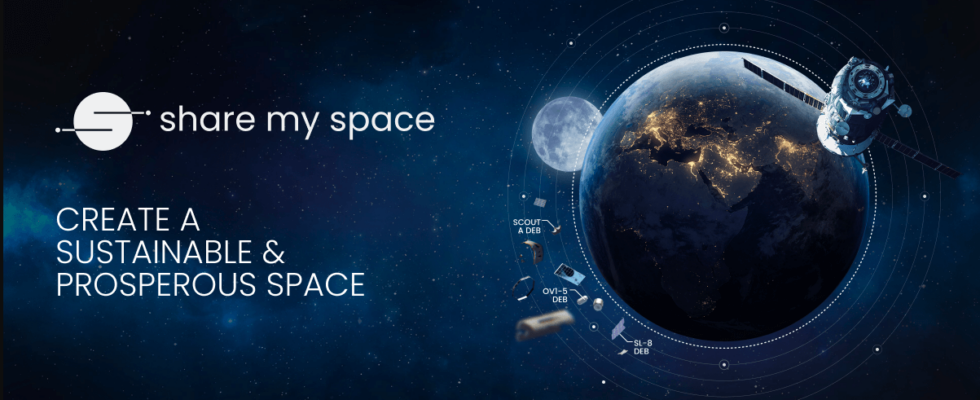Do you know Aldoria? This young Toulouse company is accelerating in 2024 to monitor Earth’s orbit as much as possible. Crucial measurements, at a time when several hundred satellites are making their way through the meshes of the constellations each month. But on Earth too, competition is tough…
Until January, the small Toulouse structure was called Share My Space. Founded in 2017, it has around 25 employees and has successfully raised 10 million euros in funding. A nice capital to grow and prove that its methods of monitoring and tracking the orbit of satellites work correctly. Renamed Aldoria, the young company uses six telescopic stations (each station has 4 telescopes) distributed around the world on 4 continents, with specific algorithms dedicated to tracking satellites in high and low orbit (up to 300 km). The fundraising will make it possible to double the number of stations. But Aldoria also has partnerships with its clients and agencies which maintain their “catalogues” of orbital objects. Every month, the company publishes data sets in its “space sustainability bulletin”. The ambition is clear: to become the European leader in orbital surveillance.
Competition, but real needs
There is competition, of course, because this market is global. Perhaps the best-known company in the sector is LeoLabs, which is based on a different technology: it has established radars that detect and classify thousands of satellites and debris in real time, particularly for low orbit. But Aldoria also has its cards to play. In 2024, the company has formed partnerships with big names, such as SES (which operates a medium-orbit MEO constellation, and is the leader in private geostationary satellites), but also Airbus Defense & Space. The latter, a European heavyweight, evaluates the effectiveness of Aldoria’s monitoring and compares them with its own internal resources. It must be said that the challenge is significant…
Precise monitoring is necessary
Because even if the operators, and in particular those who have the most satellites like SpaceX, take particular care to monitor the orbit of their units (they would indeed be the first to suffer from a collision resulting in more debris ), the numbers quickly make you dizzy. More than a hundred Starlink satellites take off to reach orbit each month, and they are not alone: other operators are sending smaller “clusters”. The congestion is real and so that it does not become critical in the years to come, increased precision and up-to-date catalogs will be necessary. Aldoria has its place!
On February 28, two non-maneuvering satellites (an old Russian spy satellite and a NASA unit) almost collided at an altitude of 604 km. They would have passed just 20 meters from each other.
Source : Futura Sciences

0